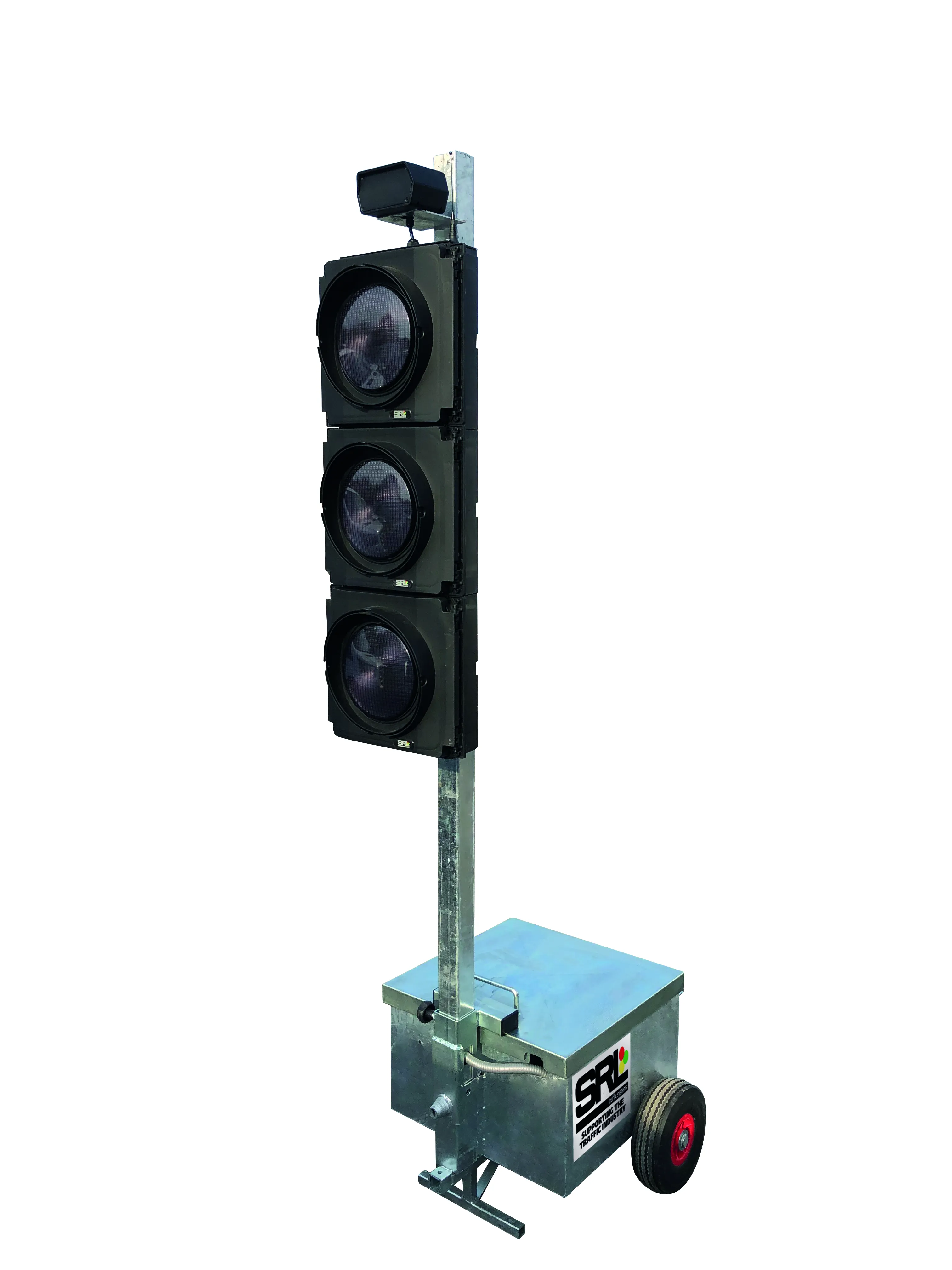The second-life battery system integrates two BMW i3 battery packs into a single housing.
Evgo says each battery pack has a capacity of 22kWh which combines with a 30kW inverter to offer a 30kW/44kWh energy storage system.
Princeton Power Systems provided the inverter hardware and integrated it with the battery packs. Meanwhile, technology company Kisensum developed software controls for the battery system and managed software integration.
The EVgo Union City site began operating earlier this summer and currently has two 50kW DC fast chargers.
EVgo adds second-life batteries to charging system
EVgo has added second-life BMW i3 batteries to its Union City fast-charging station in California to help store energy during peak solar hours and reduce strain on the grid. This energy is then used to deliver a fast charge to EVgo customers’ electric vehicles during periods of high demand.
The second-life battery system integrates two BMW i3 battery packs into a single housing.
Evgo says each battery pack has a capacity of 22kWh which combines with a 30kW inverter to offer a 30kW/44kWh energy storage
October 15, 2018
Read time: 1 min








